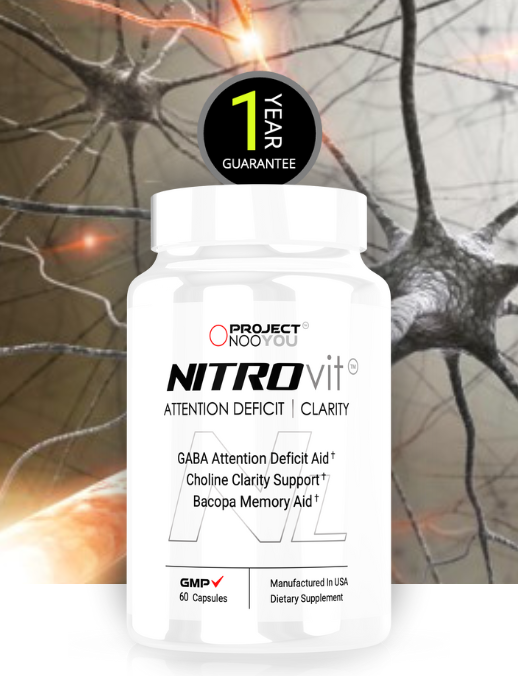

We all sometimes wish there were more hours in the day. Many of us are constantly chasing a state of wakefulness in order to fit in all of our daily tasks.
We burn the candle at both ends, fighting the urge to sleep so that we can stay up for longer, be more productive and get more out of our day.
For some, this process requires a constant flow of caffeine and sugar to keep it in motion. However, contrary to popular belief, sleep is not our enemy.
It can actually make us much more productive if we get it in the right amount and quality. Here, we’ll explain why you might not be getting enough sleep right now and give our top tips for getting more.
Everyone functions better when they’ve had a good night’s sleep. Studies show that lack of sleep results in reduced cognitive function.
When we haven’t had enough sleep, or attention span and memory suffer and we can’t perform at our best. Not to mention the fact that it makes us look terrible.
Dark circles are not a good look. In the long-term, sleep deprivation can even increase the risk of certain diseases and chronic health problems. Why would you do that to yourself? Here are our 5 top tips for getting better sleep.
1) Start Working Out
Regular exercise has been proven to boost energy levels throughout the day and improve quality if sleep at night, smoothing out sleeping patterns.
A poll by the National Sleep Foundation showed that people who exercise are almost twice as likely to report ‘a good night’s sleep’ than people who don’t exercise at all.
This doesn’t mean you need to get out and start running marathons to tire yourself out; any form of exercise will do the trick.
It’s all about finding what you enjoy, and there are so many different ways to be active that there’s bound to be something for you.
The more you enjoy it, the more likely you’ll be to stick with it in the long-run, and the better you’ll sleep at night.
Just 30 minutes of exercise can result in a release of melatonin, the magical sleep-inducing brain chemical.
2) Give Yourself a Curfew
This may sound rather boring, but it’s important. Setting a sleep schedule and giving yourself a set time to be in bed will regulate your sleeping pattern.
It may seem difficult at first, but if you stick at it, your sleeping routine will start to change and eventually, it will run like clockwork. This also means not sleeping in too late in the mornings, as it could throw the whole thing off.
Of course, a morning off here and there doesn’t hurt, but try to regulate your sleeping times as much as possible and you’ll reap the rewards.
3) Cut the Caffeine
We all know that caffeine is a stimulant and some of us can’t function without it. Unfortunately, the energy boost it brings often results in a crash later on or keep us up at night.
If you must have caffeine, whether it’s in coffee, soft drinks or otherwise, try to limit it to morning time only. It can stay in your system for up to 8 hours, so taking it too late can stop you from getting valuable sleep.
4) Swap your phone for a book
Bedtime stories aren’t just for kids. Even for adults, getting lost in a book is one of the best things you can do before bed.
While most of us sit in beds with our phones, we could do ourselves a world of good by putting them down and picking up a book instead.
Reading reduces stress and helps you wind down, inducing a restful sleep, while phones emit a type of light that keeps us awake even when we’re tired.
Some phones have a feature that enables you to filter out that light. If you can’t put your phone down, at least use that (or an app which has the same function, such as Blue Light Filter for Eye Care) to reduce the adverse affects on your sleep.
5) Pay Attention to What you Eat
Different foods have different effects on our energy levels, and that slump we often feel after lunch which leaves us wanting to take an afternoon nap happens for a reason.
If you fuel your body the right way, it will perform better in every aspect, including sleep.
Foods containing the amino acid L-tryptophan are most beneficial to sleep, as they promote the release of melatonin and serotonin.
The best foods to eat before bed contain a combination of carbohydrates and protein, and good examples of this include peanut butter sandwiches and cheese and crackers.
Seeds are also good because they contain magnesium, a deficiency of which can cause a lack of sleep.
SHARE
MORE POSTS
SUBSCRIBE TO OUR NEWSLETTER
NOOTROPIC SUPPLEMENTS















